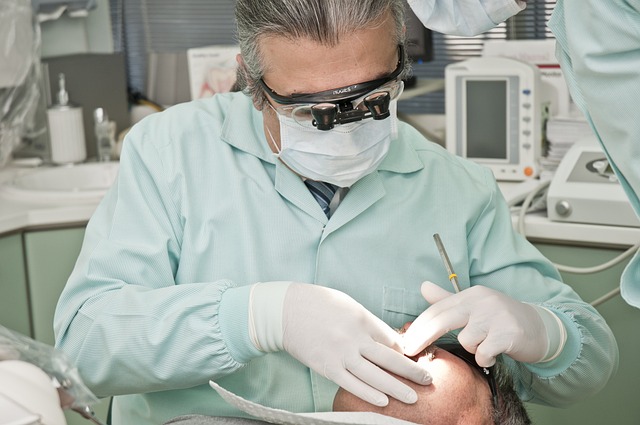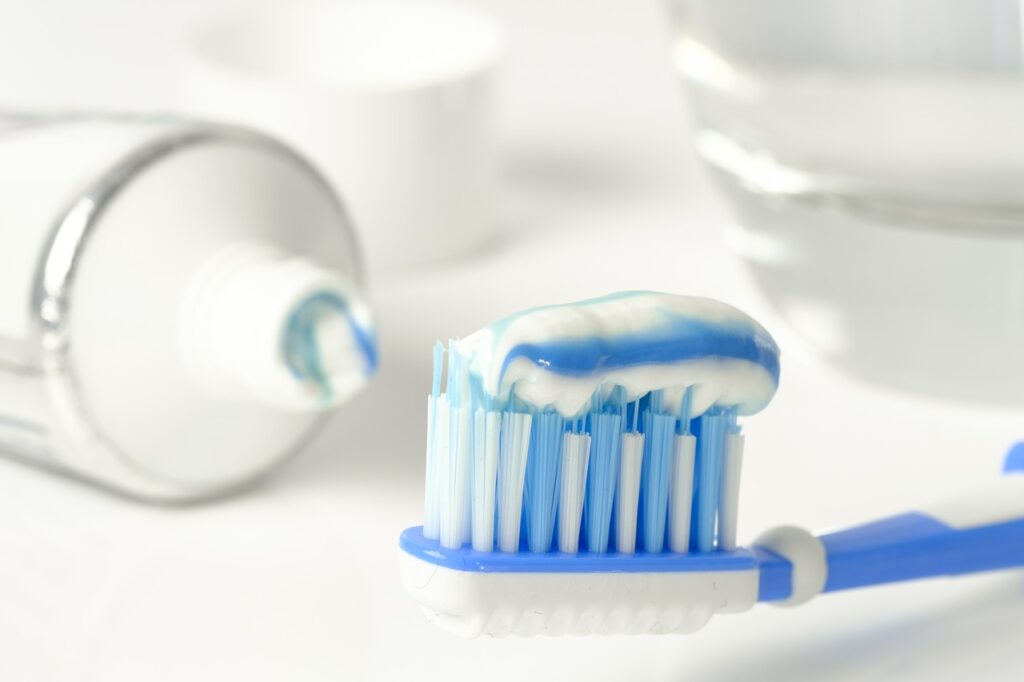Before talking about How to cure gingivitis in a week at home, you should know that this is a very common dental issue that affects more than 70% of the population. Gingivitis refers to inflammation of the gum tissue or gingiva and there are two types of gingivitis – plaque-induced and non-plaque-induced. Plaque-induced gingivitis is typically caused by poor oral hygiene or home care, while non-plaque-induced gingivitis can have various other causes such as viral or systemic factors or exposure to chemicals.
Plaque-induced gingivitis is particularly concerning as it can lead to periodontitis, which is a more serious condition that affects the supporting bone tissue of the tooth and can result in tooth loss. However, if we catch gingivitis early and effectively eliminate it, we can often prevent it from progressing to the more severe stage of periodontitis.
Some common symptoms of plaque-induced gingivitis include redness, bleeding, and tenderness of the gums. At our dental office, we routinely take samples of plaque and bacteria to detect any pathogenic bacteria or parasites that may be present. Early detection and treatment are critical in preventing periodontitis. Good home care is also essential in the prevention and treatment of gingivitis. Proper cleaning between the teeth using floss or interdental cleaners can help remove plaque that may be missed during brushing.
- More Articles:
- Alpilean Review – Pros & Cons And More Details
- 7 Ways to Lose Weight Without Dieting
- Abdomax Reviews-Healthy Guts Supplement or SCAM?
Using a water-cleaning device can also be helpful in stimulating the gum tissue and removing particles that may have been missed during flossing and brushing. It is important to brush thoroughly and practice good home care to prevent and treat gingivitis.
In summary, early detection and effective treatment of gingivitis can prevent more severe gum diseases such as periodontitis. Good home care practices including thorough brushing, cleaning between teeth, and using a water-cleaning device are crucial in maintaining healthy gums.
It is important to note that while some home remedies may provide relief for gingivitis symptoms, they should not replace professional dental treatment. If you suspect that you have gingivitis, it is important to visit a dentist for a proper diagnosis and treatment plan.

With That being said, here is How to cure gingivitis in a week at home following only these simple steps, you can help alleviate gingivitis symptoms.
Practice good oral hygiene: Brush your teeth at least twice a day and floss daily to remove plaque and food particles from your teeth and gumline.
Use an antiseptic mouthwash: Rinse your mouth with an antiseptic mouthwash after brushing and flossing to kill bacteria and freshen your breath.
Saltwater rinse: Mix a teaspoon of salt with warm water and rinse your mouth for 30 seconds before spitting out. Saltwater rinse can help reduce inflammation and kill bacteria.
Hydrogen peroxide rinse: Mix equal parts of water and hydrogen peroxide and swish the mixture around your mouth for 30 seconds before spitting it out. Hydrogen peroxide can help kill bacteria and reduce inflammation.
Tea tree oil: Mix a few drops of tea tree oil with carrier oil, such as coconut oil, and apply the mixture to your gums. Tea tree oil has antimicrobial properties that can help kill bacteria.
Aloe vera: Apply aloe vera gel directly to your gums to help reduce inflammation and promote healing.
Remember, these home remedies may provide temporary relief, but they are not a substitute for professional dental treatment. If your symptoms persist or worsen, make sure to visit a dentist as soon as possible.

- More Articles:
- Alpilean Review – Pros & Cons And More Details
- 7 Ways to Lose Weight Without Dieting
- Abdomax Reviews-Healthy Guts Supplement or SCAM?
HOW TO CURE GINGIVITIS IN A WEEK AT HOME USING THESE PRODUCTS BELOW:
1 ) Electric toothbrush: An electric toothbrush can help remove plaque and tartar more effectively than a manual toothbrush, which can help prevent and alleviate gingivitis. Sonicare and Oral-B are popular brands of electric toothbrushes.
2) Antiseptic mouthwash: A mouthwash that contains an antiseptic, such as chlorhexidine, can help kill bacteria and prevent gingivitis from getting worse. Listerine and Crest Pro-Health are two popular antiseptic mouthwash brands.
3) Water flosser: A water flosser uses a stream of water to remove plaque and food particles from between your teeth and along your gumline. Waterpik is a popular brand of water flosser.
4) Interdental brushes: Interdental brushes are small brushes that can clean between teeth and along the gumline, where a toothbrush can’t reach. GUM and TePe are two popular brands of interdental brushes.
5) Toothpaste for gum health: Toothpaste that is specifically formulated for gum health can help prevent and treat gingivitis. Crest Gum Detoxify and Parodontax are two popular toothpaste brands for gum health.
6) Use this brand new probiotic specially designed for the health of your teeth and gums, a unique blend of 3.5 billion probiotic strains and nutrients backed by clinical research.>>Get it here>>
Remember to always follow the instructions on the products and to use them as part of a comprehensive oral hygiene routine that includes brushing, flossing, and regular dental check-ups. If you have any questions or concerns, consult with your dentist or dental hygienist.
